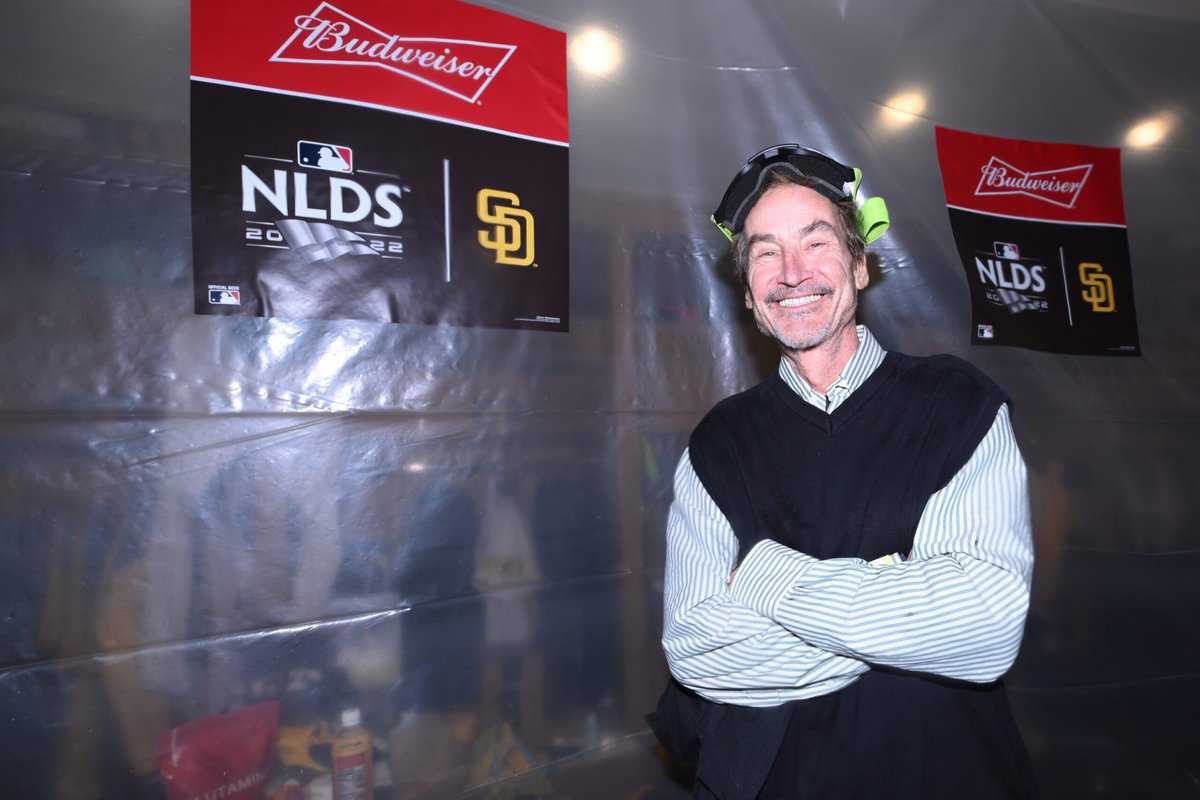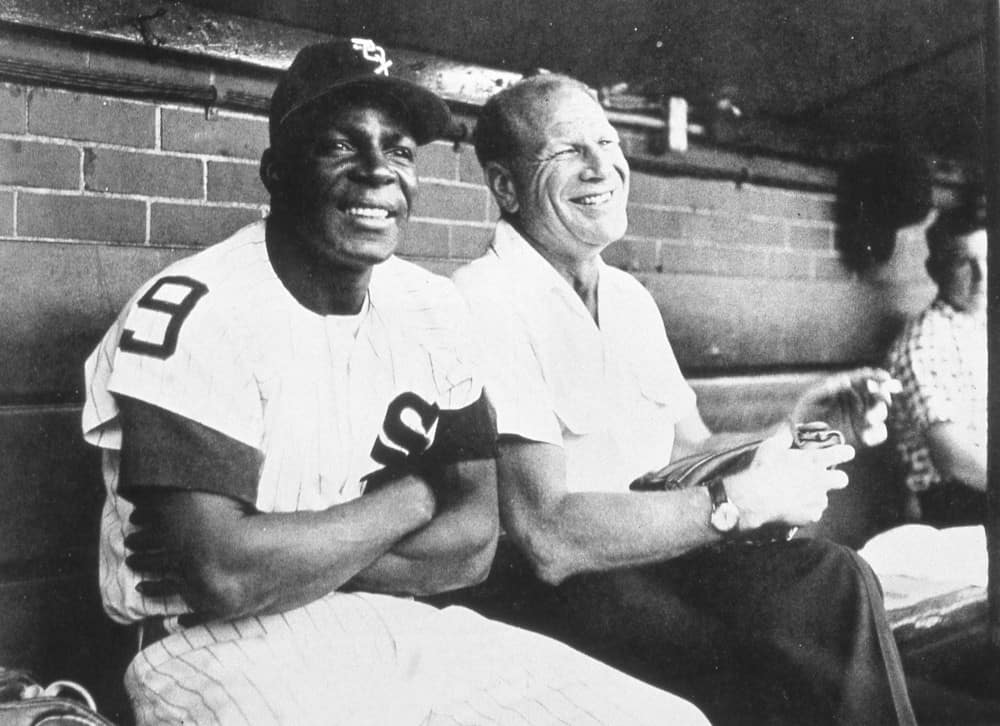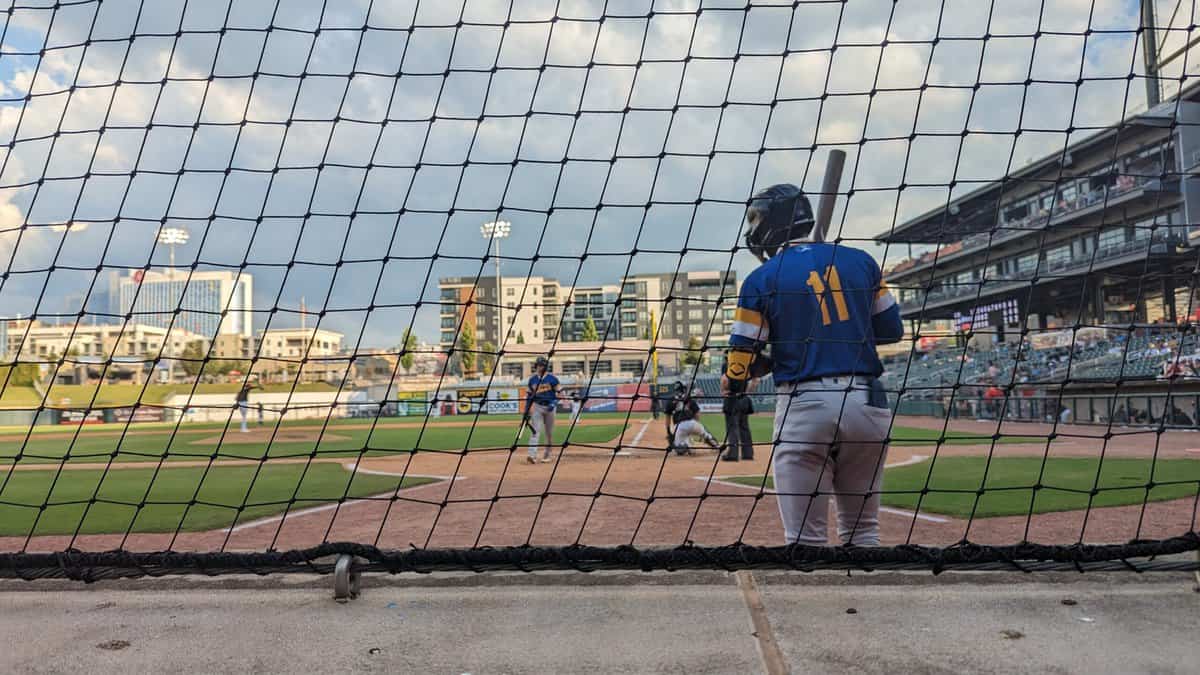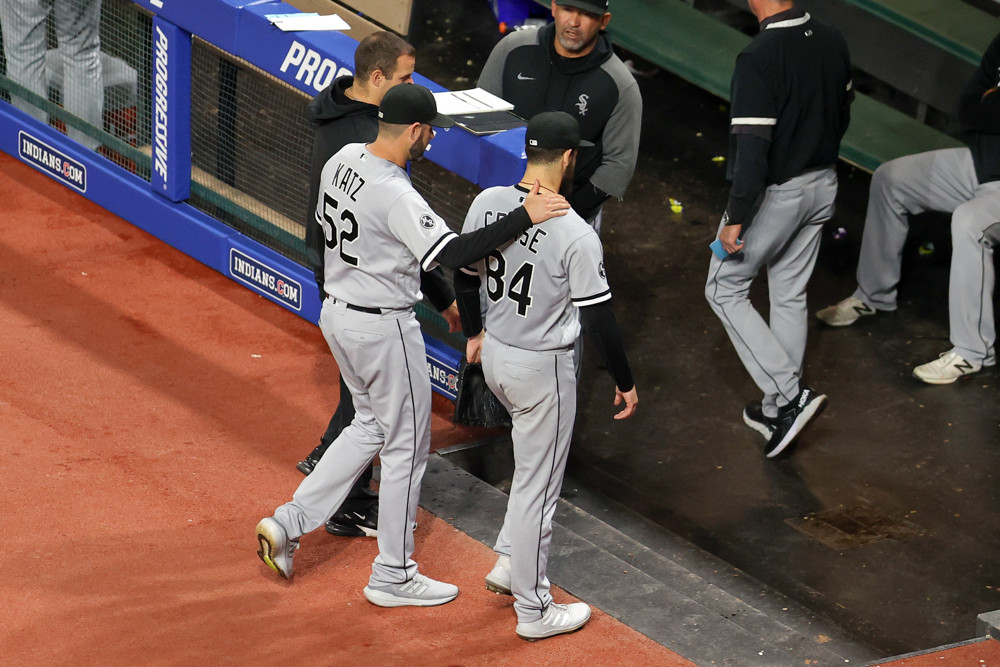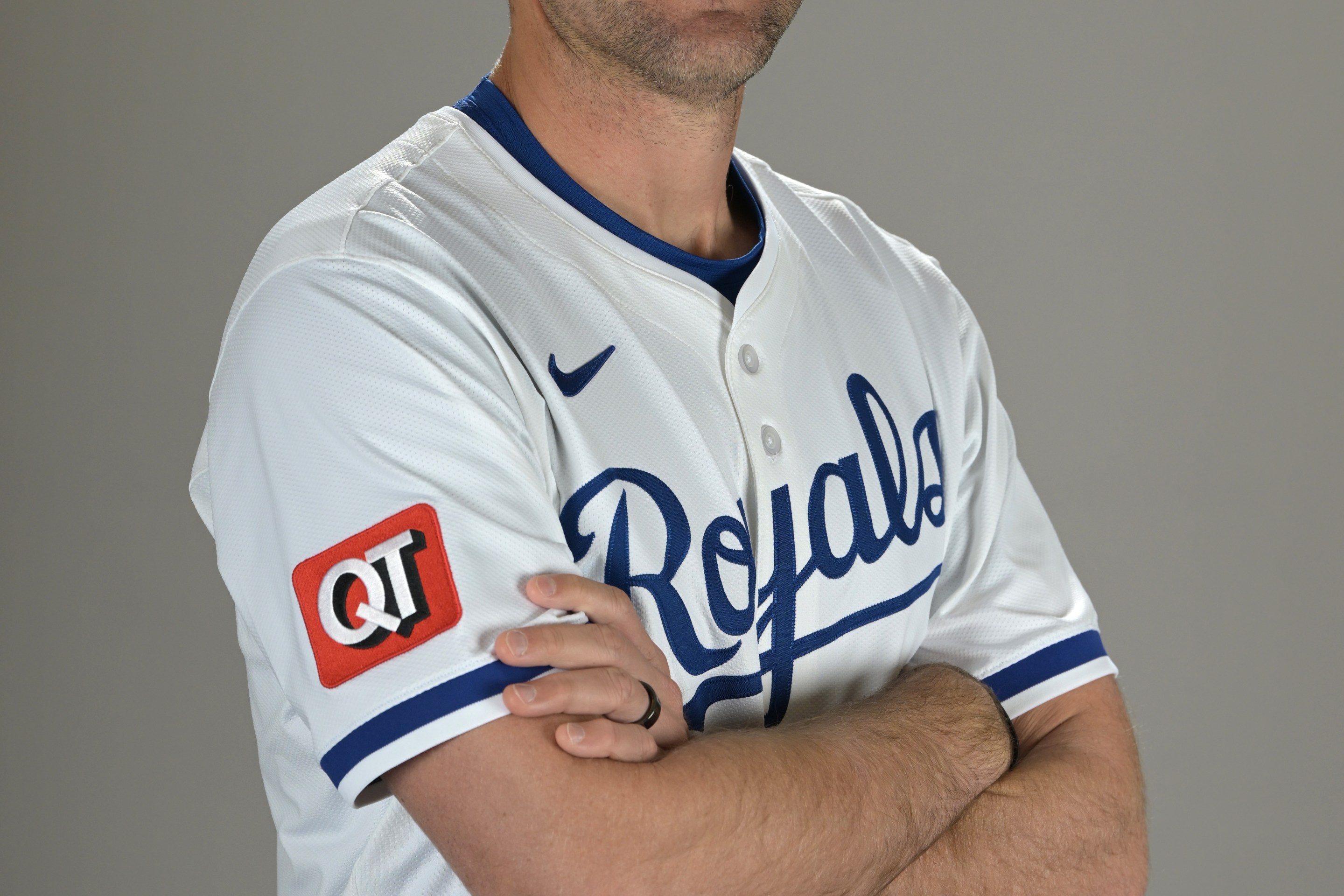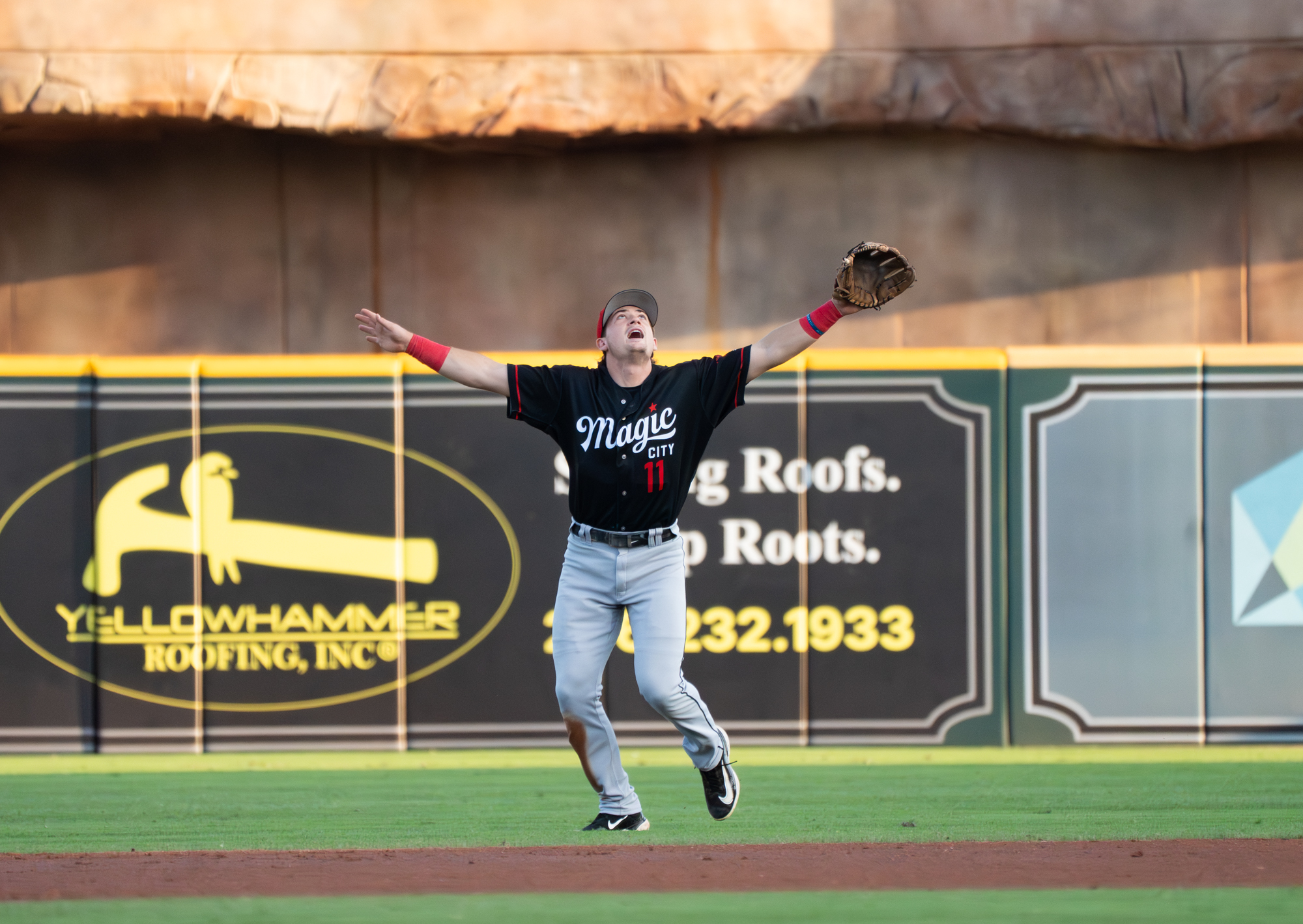Back on June 3, 2016, I called the Padres the Sadder White Sox. A day later, the White Sox traded Fernando Tatis Jr. for James Shields, and that trade really should've proven me foolish.
But no matter how hard the Padres try, who the Padres sign, who the Padres hire to manage, and how much and how unapologetically Padres ownership spends, these two teams can't quite separate themselves.
The White Sox are worse and less fun to root for, obviously, but the Padres find unique ways to torment their fan base. Their eight-game winning streak died Saturday night with a 5-2 loss to the Cardinals, but that loss was in extra innings.
Even worse, it was in 11 innings. The Padres had a chance to win it in the bottom of the 10th, but an intentional walk set up a Luis Campusano double play, and after another intentional walk, Eguy Rosario struck out. Then the Cardinals scored three in the top of the 11th, and the Padres had no answer.
After all that, the Padres remain a staggering 0-12 in extra-innings games this season. At The Padres would be 82-73 with merely a .500 record in extra innings, and that would be good enough for sole possession of the second wild card spot.
The Padres' inability to find any traction resulted in two postmortems this past week, and they're both fascinating. Ken Rosenthal is largely pointing the finger at A.J. Preller, who turns into a micromanaging monster when things aren't going San Diego's way.
“Ultimately, I think it all sounds appealing to A.J., and if you don’t get a win, he goes back to the way he’s naturally wired,” one former staffer said. “He’s wired to outwork everybody on the planet.”
That mentality has taken a noticeable toll. Since 2015, Preller’s first full season as general manager, 29 coaches and managers have departed his major-league staff, an abnormal amount of churn in an industry known for turnover. Meanwhile, Tricker and a number of other high-paid executives have remained, creating more distance between the front office and those in uniform, who sometimes view Preller’s constant push for additional pregame work as counter-productive.
Meanwhile, the San Diego Union-Tribune's Kevin Acee says the clubhouse isn't a cohesive one, and Manny Machado's view of the clubhouse hierarchy would fit right in with the White Sox:
This assessment is based on how he is treated, the latitude he is given and how messages for the team are passed through him from above. It is also based on what multiple players said were his own declarations, though Machado denied that to be the case, same as he pushed back on much of the premise of this story.
“I think everybody is a leader,” Machado said. “I think we have 26 leaders. I don’t think necessarily one person has to take the lead role. I think baseball is a team sport. It takes everyone.”
Told that there was uniform agreement among several teammates that he is the dominant presence in the clubhouse, Machado did say, “That’s fair.”
If there's a common theme between the two teams despite vastly different habits, it doesn't help that both GMs got an abnormally long time to fail before succeeding. As triumphant as the postseason appearances might've felt, it didn't eliminate all the scar tissue that amassed over the years prior.
Spare Parts
Speaking of scar tissue, while I appreciate Vinnie Duber's attempt to play devil's advocate for White Sox fans who are rejecting Royals faster than the Minutemen, but it reminds me of the way some Sox fans clamored for Ron Gardenhire after he ended his Twins tenure with four 90-loss seasons. In both cases, their style of play shouldn't be emulated because the game passed them by.
Severe weather on the East Coast might force the Diamondbacks and Yankees to play into Monday, so the White Sox accommodated them by shifting the series from Monday-Wednesday to Tuesday-Thursday. The bigger story is free parking, in my opinion.
While police still haven't determined how bullets struck two fans in the Guaranteed Rate Field bleachers back on Aug. 25, Fred Waller, Chicago's interim police superintendent, said the game should've been halted.
“We did not know exactly what we had on our hands. We didn’t think it was an active shooter. But we didn’t know,” Waller said in an interview Thursday. [...]
“In the communication of phone calls back and forth, the game is continuing on. … A mistake was made because the games was not stopped. … In communication of, ‘Stop the game,’ the White Sox went into a mode of, ‘Now, we have to contact Major League Baseball’ and things like that, and that should not have happened,” Waller said.
“We’ve taken some steps to make sure that ... we have the right people in place to delay or stop completely a game like that, so it won’t happen again.”
That's just what somebody who is hunting Jesse Orosco's all-time appearance record would want you to believe, but I've enjoyed Shaw's willingness to pitch on back-to-back-to-back days. In the current state of the White Sox bullpen, it's seldom the worst idea.
For the White Sox, it hasn't, because they're last in the league in rookie contributions. That makes one wonder why the team's director of minor league development is the guy who is supposed to get the White Sox out of this mess. Rhetorically, at least. The question has a simple, unpleasant answer.
